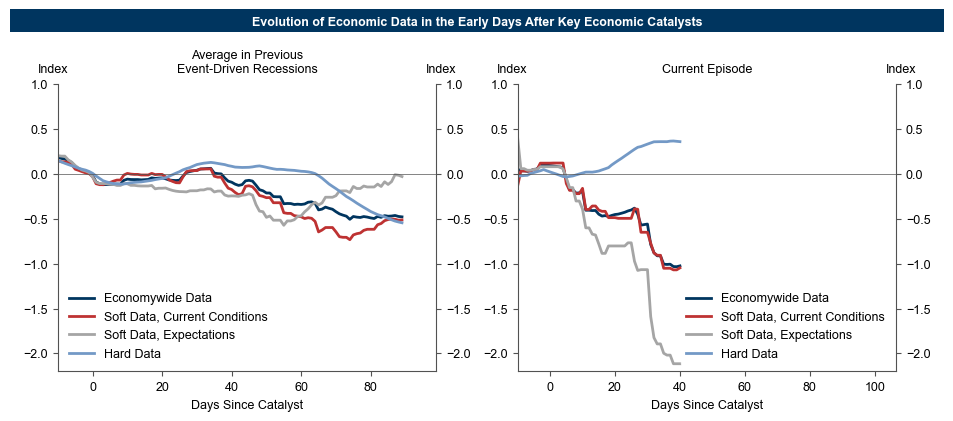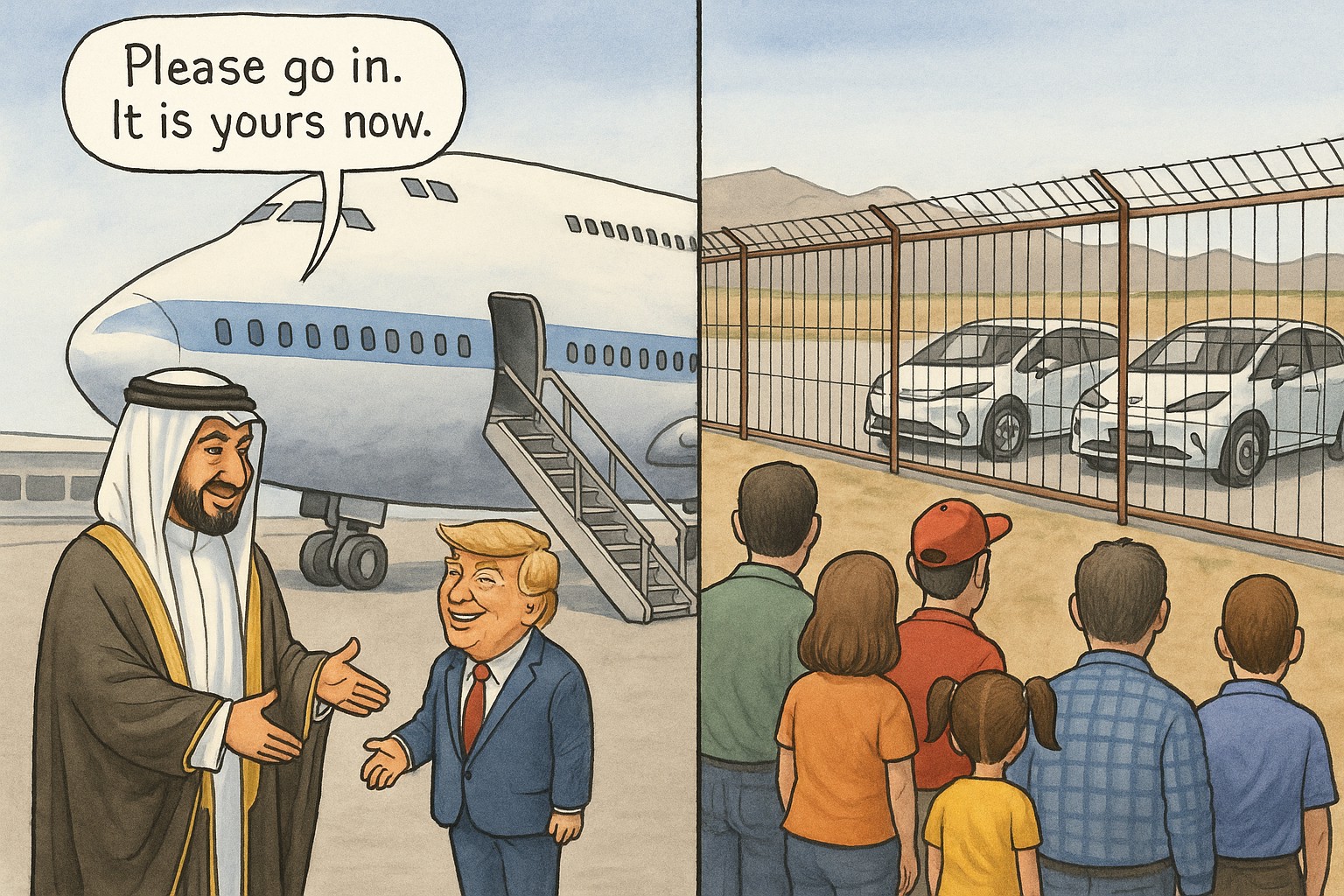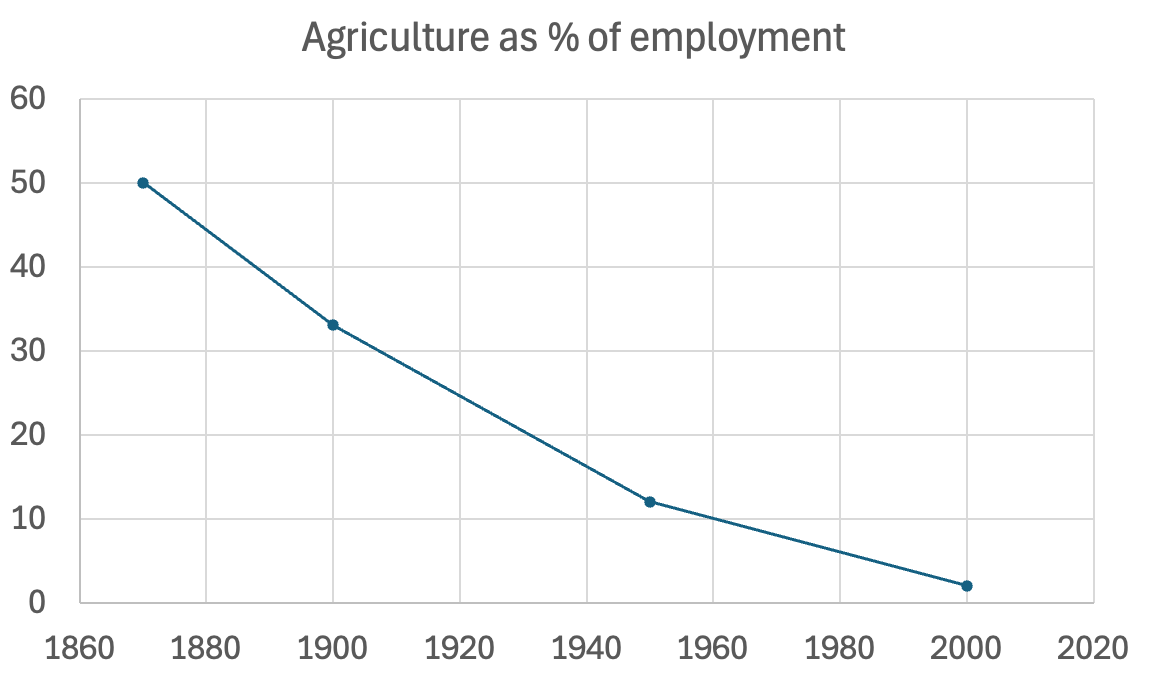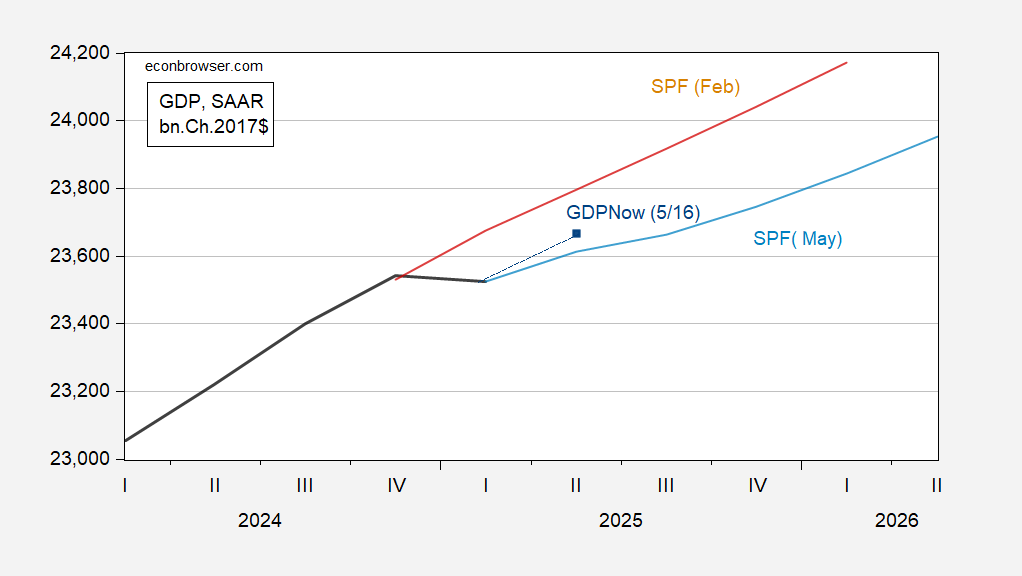
2721. 5 years since Brexit, Britain and the EU announce fresh ties
Lauren Frayer discusses the evolving relationship between Britain and the EU five years after Brexit, highlighting the need for cooperation amid global challenges.
your daily dose of economic commentary

Lauren Frayer discusses the evolving relationship between Britain and the EU five years after Brexit, highlighting the need for cooperation amid global challenges.

Darian Woods discusses negotiation strategies from Daryl Fairweather's book, highlighting lessons applicable to various aspects of life, including work and personal relationships.

Menzie Chinn discusses Moody's downgrade of US fiscal performance and its implications for government debt and market indicators.

An argument that soft data can provide timely economic insights, contrasting with hard data that often lags behind significant economic events and policy changes.

The author shares a personal journey of becoming a Knicks fan, reflecting on the team's struggles and recent success, and the unique bond it creates among New Yorkers.

The post explores the contradictions of nationalism through examples from Romania and the U.S., highlighting the dilemmas faced by nationalist leaders in aligning with ethnic groups or authoritarian regimes.

The post examines contradictions in Trump's stance on foreign gifts and tariffs, arguing for the benefits of free trade despite government subsidies.
David Henderson discusses various readings, including topics on free speech, job reallocation due to trade, and the impact of standout firms on national productivity.

Paul Krugman discusses the unrealistic nostalgia for past manufacturing jobs and critiques the narrative linking deindustrialization to trade deficits and outsourcing.

The post discusses the significant increase in housing inventory and new listings, while noting stagnant median list prices and buyer sentiment challenges.

An argument that U.S. wage stagnation from 1973 to 1994 was influenced by various economic factors, with globalization's impact being more complex than commonly perceived.

An argument that GDP forecasts indicate a downward revision, reflecting a consensus among various economic surveys and projections for future growth.

Chelsea Follett explores Cardwell's Law and the cyclical nature of innovation in cities, examining historical examples and the conditions necessary for sustained creativity.

Scott Cunningham shares personal updates, discusses upcoming travels, and provides links to various topics, including productivity research and technology developments.

Paul Krugman discusses the ongoing impact of tariffs, particularly those imposed during the Trump administration, and their implications for trade policy.

Bill McBride discusses the key economic reports and data releases scheduled for the week of May 18, 2025, focusing on housing and employment statistics.
Tyler Cowen highlights the achievements and projects of the 10th cohort of Emergent Ventures India, showcasing innovative ideas from young entrepreneurs and researchers.

Bill McBride discusses the slight increase in weekly COVID deaths and changes in hospital reporting requirements.

An argument that the brief imposition of a 145% tariff on Chinese imports caused significant and lasting economic damage to affected companies and individuals.

An argument that stablecoins do not significantly threaten monetary policy, as the Federal Reserve retains control over the monetary base and can adjust supply and demand effectively.